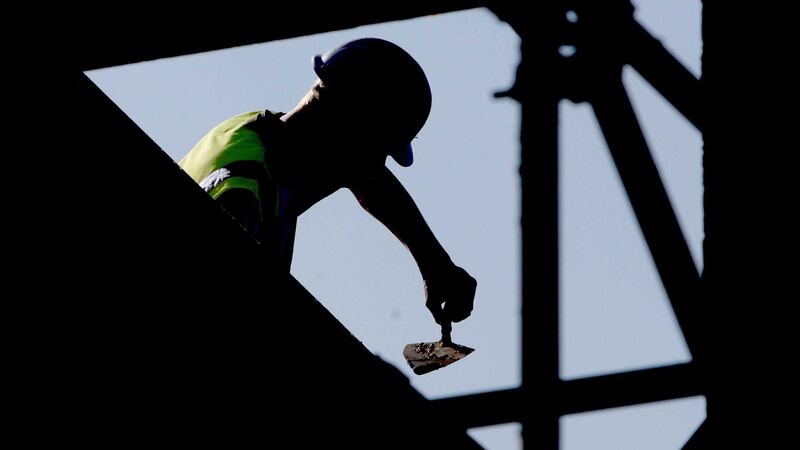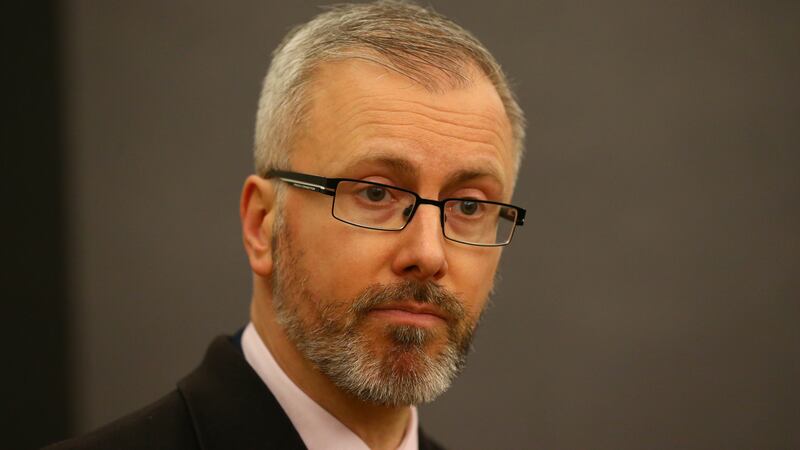THE Republic's builders have slammed claims they are on a de facto strike by refusing to construct new homes until the housing crisis pushes profits up tens of thousands of euro.
Tom Parlon, director general of the Construction Industry Federation, said building firms are having to find other work because there is no money in putting up houses.
Before a parliamentary watchdog, he dismissed suggestions that construction companies were turning up their noses at projects offering a €20,000 profit per house.
"I can guarantee you, any builder would take your hand off if there was a notion that there was a €20,000 margin in building a €300,000 house," he said.
Mr Parlon was under cross-examination by Anti-Austerity Alliance TD Ruth Coppinger at the newly-established Committee on Housing and Homelessness.
The Dáil watchdog was set up to deal with the housing shortage, which has resulted in record homelessness, high rents and long social housing waiting lists.
Ms Coppinger claimed builders were effectively "on strike" until the government caved in to demands including tax cuts and a help-to-buy scheme that would push up profits.
"They are holding the country to ransom until they get these concessions from the government," she said.
The Dublin West TD suggested some builders were snubbing projects until they were offered a €50,000 profit for every house completed.
But Mr Parlon dismissed the claims, saying house-building is "unviable at the moment" because of costs involved.
"Thankfully builders are finding other work than building houses at the moment, because it is economically unviable to build a house at the moment in most cases," he said.
Mr Parlon said as well as incentives, the government needs to invest in major infrastructure projects including roads and new schools.




